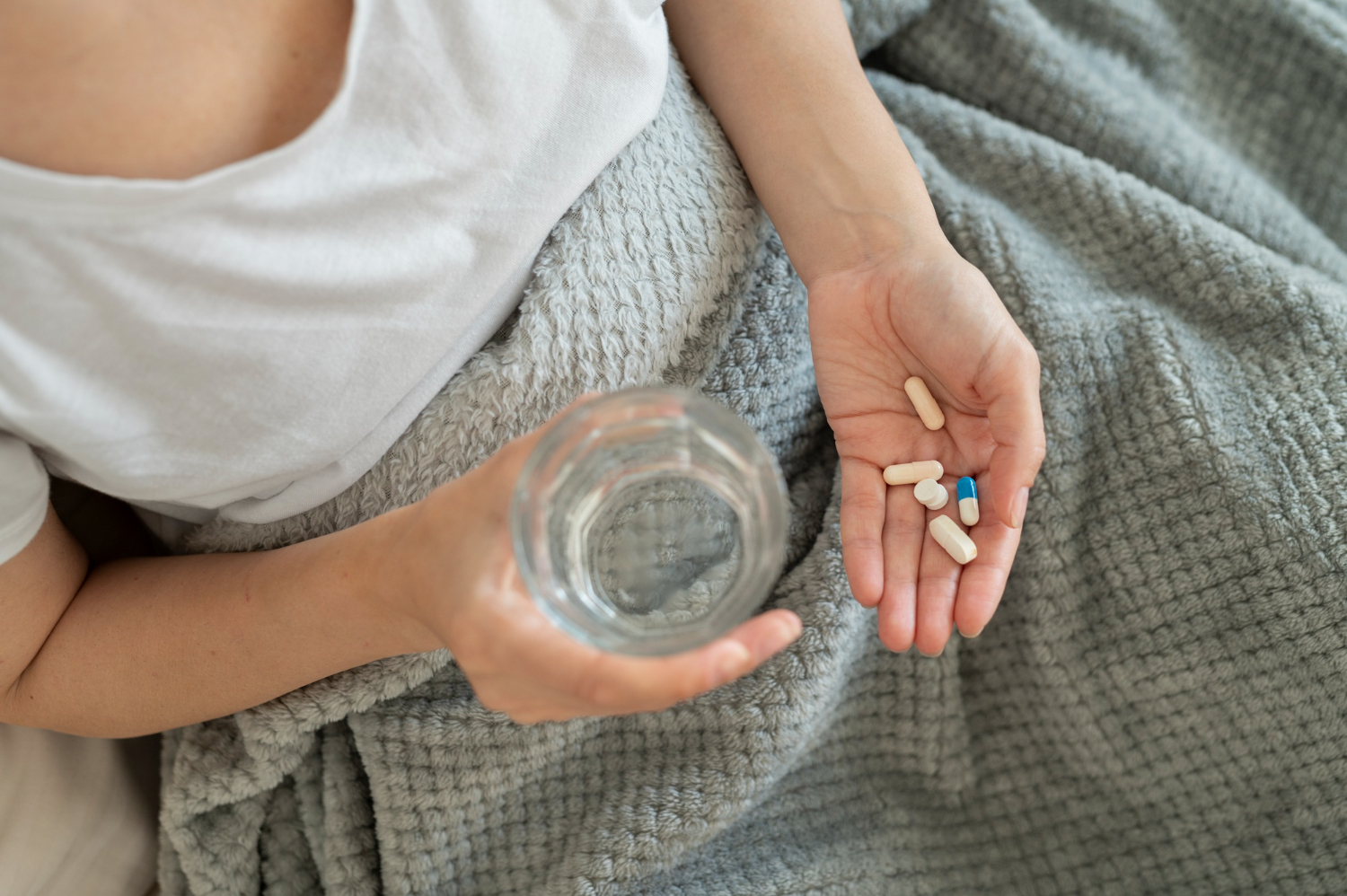Opiates, a class of drugs derived from the opium poppy plant, have played a crucial role in human history as potent pain relievers. These substances, including prescription painkillers like morphine, oxycodone, and synthetic opioids such as fentanyl, have provided immense relief to individuals facing chronic pain and post-surgery discomfort. However, the story of opiates is far from one-dimensional. With their remarkable ability to alleviate suffering comes a double-edged sword – the potential for opiate addiction.
What Are Opiates?
Opiates are a class of drugs that find their origins in the opium poppy plant. Known for their remarkable pain-relieving properties, opiates have been used for centuries to alleviate severe discomfort. Morphine and codeine are natural opiates, while semi-synthetic opioids like oxycodone and hydrocodone are derived from natural sources but modified for medical use.
Opiates interact with specific receptors in the brain and body, suppressing pain signals and inducing a sense of relaxation and euphoria. These effects make them valuable tools in medical settings, especially for managing post-operative pain or chronic conditions. However, their potential for misuse and addiction necessitates cautious and responsible use under medical supervision, otherwise leading to destructive opiates addiction.
Opiates vs Opioids
The terms “opiates” and “opioids” are often used interchangeably, but they have distinct meanings. Opiates definition specifically refers to substances derived directly from the opium poppy plant, like morphine and codeine. On the other hand, “opioids” is a broader term encompassing not just natural opiates but also synthetic or semi-synthetic substances that interact with the same receptors in the body. This includes medications like oxycodone, hydrocodone, and synthetic opioids like fentanyl. While both categories are potent pain relievers, understanding the difference helps us grasp the range of substances involved and their potential effects, both beneficial and detrimental.
Medical Uses of Opiates
Opiates, both natural and synthetic opiates, have proven to be invaluable tools in the field of medicine due to their potent pain-relieving properties. Doctors often prescribe these substances to manage severe pain resulting from surgeries, injuries, or chronic conditions like cancer. Opiates work by binding to specific receptors in the brain and spinal cord, effectively dampening pain signals and providing much-needed relief. Their ability to alleviate intense discomfort has allowed patients to recover more comfortably and enhance their quality of life. However, due to the risk of addiction and side effects, careful prescription and supervision are essential to ensure their responsible use for therapeutic purposes.

Types of Opiates
Types of opiates include:
- Morphine. Derived from the opium poppy, morphine is one of the most well-known and potent natural opiates. It’s commonly used to manage severe pain, particularly after surgeries and in palliative care.
- Codeine. Also originating from the opium poppy, codeine is a milder natural opiate. It’s often prescribed for mild to moderate pain and can be found in various cough syrups as well.
- Oxycodone. This semi-synthetic opioid is widely used to treat moderate to severe pain. It’s available in various formulations and is often prescribed for pain management after surgeries or injuries.
- Hydrocodone. Similar to oxycodone, hydrocodone is a semi-synthetic opioid used for pain relief. It’s commonly combined with other medications to enhance its effectiveness.
- Fentanyl. A potent synthetic opioid, fentanyl is used in medical settings for managing intense pain, such as during surgeries or for patients with chronic pain who are opioid-tolerant.
These types of opiates, when used under medical guidance, offer crucial pain relief options. However, their potential for misuse and opiates addiction underscores the importance of proper prescription, administration, and monitoring.
Risks and Side Effects of Opiates
Risks and side effects of opiates drugs most commonly include:
- Dependency. Opiates can lead to physical and psychological dependence, making it challenging to discontinue use without experiencing withdrawal symptoms.
- Respiratory Depression. High doses or misuse of opiates can slow down breathing to dangerous levels, which can be life-threatening.
- Sedation and Drowsiness. Opiates often cause drowsiness, impairing one’s ability to operate machinery or drive safely.
- Constipation. Opiates slow down bowel movements, leading to constipation that can be severe and persistent.
- Nausea and Vomiting. These side effects are common, especially when starting or changing opioid medications.
- Tolerance. Over time, the body can develop tolerance, requiring higher doses to achieve the same pain relief, which increases the risk of overdose.
- Misuse and Addiction. Opiates’ euphoric effects can lead to misuse and addiction, affecting both physical and mental well-being.
- Interactions. Opiates can interact with other medications, potentially leading to adverse effects or reduced effectiveness.
Understanding these risks and side effects is vital for both healthcare providers and patients. Responsible prescribing, careful monitoring, and open communication help mitigate these concerns while ensuring that the benefits of opiates can be harnessed for pain relief when needed.

How to get help
Overcoming opiate addiction is a significant challenge, but with the right support, it’s achievable. Here’s an approximate step-by-step guide:
- Recognize the Problem. Acknowledge the impact of opiate addiction on your life or your loved one’s well-being is the first step of opiates rehab.
- Reach Out. Seek guidance from medical professionals, therapists, or counselors to discuss the situation openly.
- Assessment. Undergo a thorough assessment to determine the extent of the addiction and the most suitable treatment approach.
- Treatment Options. Explore various treatment methods such as detoxification, counseling, therapy, and support groups.
- Medical Supervision. If needed, consult with a medical expert specializing in addiction management and opiates detox.
- Support System. Surround yourself with a network of supportive friends, family, or support groups to maintain motivation.
- Aftercare. Continuously engage in aftercare programs and follow-up appointments to ensure long-term recovery.
If you’re seeking specialized assistance for opiate addiction, consider reaching out to Nova Vitae Addiction Treatment Center. Our experienced team offers a comprehensive approach, addressing not only the physical aspects of addiction but also the psychological and emotional factors. With personalized care and evidence-based treatments, Nova Vitae can guide you or your loved one on the path of drug addiction treatment to full recovery.












